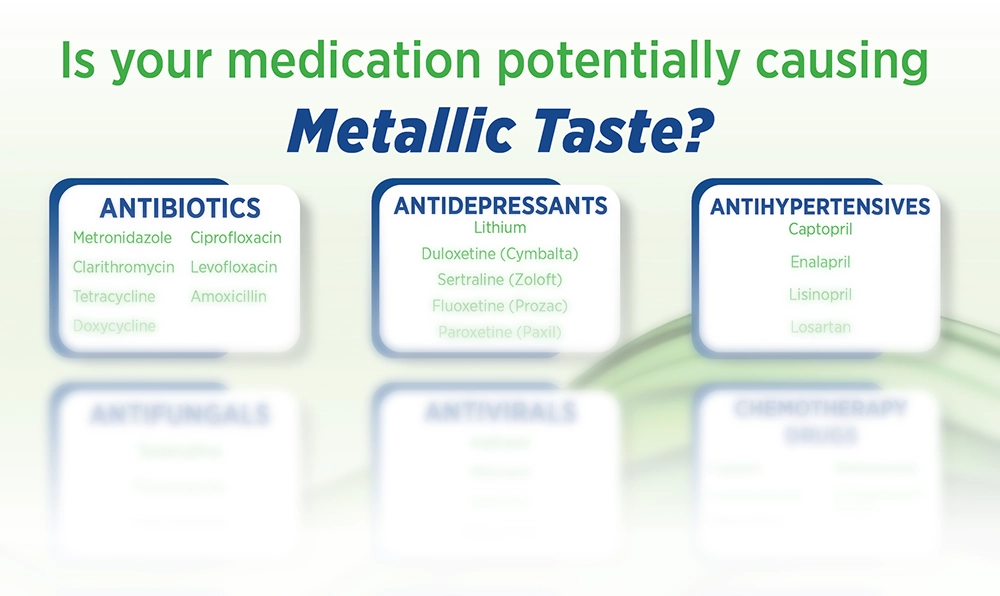
What Deficiency Causes a Metallic Taste in Your Mouth ? Have you ever noticed a persistent metallic or coppery taste in your mouth? This unusual taste sensation is often a symptom of an underlying nutritional deficiency or health condition. Understanding the common causes of a metal mouth taste can help you get to the root of the issue.
Deficiencies in certain vitamins and minerals are frequently associated with having a metallic taste in the mouth. Staying on top of your nutritional intake from wholesome foods or quality supplements may help minimize or resolve this symptom.
One of the most common nutrient deficiencies that can lead to a metal mouth is iron deficiency or anemia. Iron is an essential mineral that helps transport oxygen throughout the body in your blood. When iron levels run low, you may start noticing the unpleasant metal mouth sensation.
Along with anemia, low vitamin B12 or folic acid levels in the body can also trigger a metal mouth taste. Vitamin B12 and folate help produce and maintain new red blood cells. Like iron deficiency, a lack of these key B vitamins reduces the oxygen supply in the blood, leading to issues like a metallic taste in the mouth.
Zinc deficiency has also been associated with a metal mouth. Zinc is critical for immune system function, DNA and protein production, and taste perception. Without adequate zinc, you may lose your ability to taste foods properly and sense an off putting metal flavor instead.
Certain prescription medications, over-the-counter drugs, and dietary supplements can also sometimes contribute to having a metallic taste in your mouth.
For example, the antibiotic metronidazole or chemotherapies like cisplatin are well-known for causing temporary metal mouth as a side effect. The tastes can linger for a little while as your body clears out the medication.
Multivitamin supplements or vitamin complexes with copper, zinc, chromium or selenium may also occasionally cause or worsen a metal mouth taste in sensitive individuals. The mineral content and concentration in the supplement may be more than your body can efficiently process at one time.
Oral health issues affecting your gums, teeth, tongue or salivary glands could also potentially be the source of a bothersome metal mouth.
Gingivitis, a common gum infection that causes inflammation and bleeding, has sometimes been linked to causing or contributing to a metallic taste in the mouth. Practicing good oral care through brushing, flossing, and having professional cleanings can help minimize gum problems.
An infected tooth, dental appliance like braces or dentures that don’t fit properly, dry mouth, or problems with your tongue or salivary glands are other oral-related factors that may make certain individuals more prone to perceiving a metal taste chronically or intermittently.
In rarer cases, an persistent metal mouth taste could signal certain chronic medical conditions. Diabetes, hormonal disorders, neurological conditions or kidney disease are examples of complex health issues that physicians have connected to metal mouth in the past.
Once the underlying cause of your metal mouth is found, your doctor will recommend the appropriate treatment plan. This may include:
With the right diagnosis and treatment plan, you should be able to successfully stop and prevent a bothersome metallic taste from recurring. Pay attention to your body and don’t ignore this symptom if it persists – bringing it up with your doctor can reveal vital health issues early.
